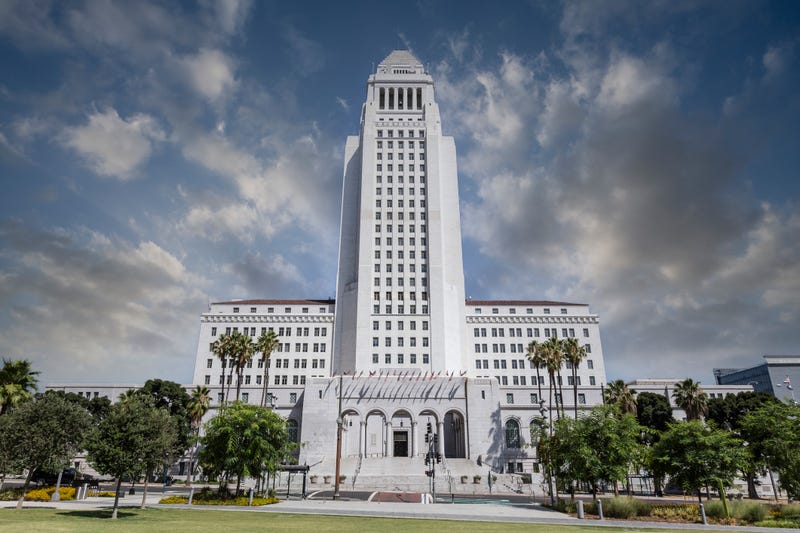
The Los Angeles City Council moved ahead with planning reforms meant to boost affordable housing in an equitable way.
As the city puts together its housing policy guide for the next eight years, the council has asked staff to develop a rezoning program to close the gaps and get more affordable housing into high employment areas. And to come up with ways to prioritize equity in future land-use decisions.
"For decades, Los Angeles, the surrounding region and the entire state has failed to build enough housing to serve our population," said City Council President Nury Martinez on Tuesday.
“The biggest impact has been on working families experiencing their rising rents, home prices and gentrification of their neighborhoods, displacement and, for some of the most vulnerable, homelessness."
She blamed the crisis on systemic inequalities created by racist policies such as redlining. A review of all the affordable housing produced from 2009 to 2020 showed inequalities persist.
Council District 1, which stretches from Pico-Union to Highland Park, led the way with more than 2,400 affordable housing units. Meanwhile, District 12 in the northwest San Fernando Valley, added only 40 affordable housing units.
Meanwhile, councilman and mayoral candidate Joe Buscaino announced Monday his plan to introduce a resolution to ban encampments around public schools as part of the city's new anti-camping law. Councilman Mark Ridley-Thomas, who chairs the Homelessness and Poverty Committee, called Buscaiano’s resolution a rejection of the council’s stated desire for the anti-camping ordinance to primarily focus on engagement with the homeless to get them into shelters.
Critics of the anti-camping ordinance make a similar point about the law itself, saying it is overly broad and criminalizes homelessness.
